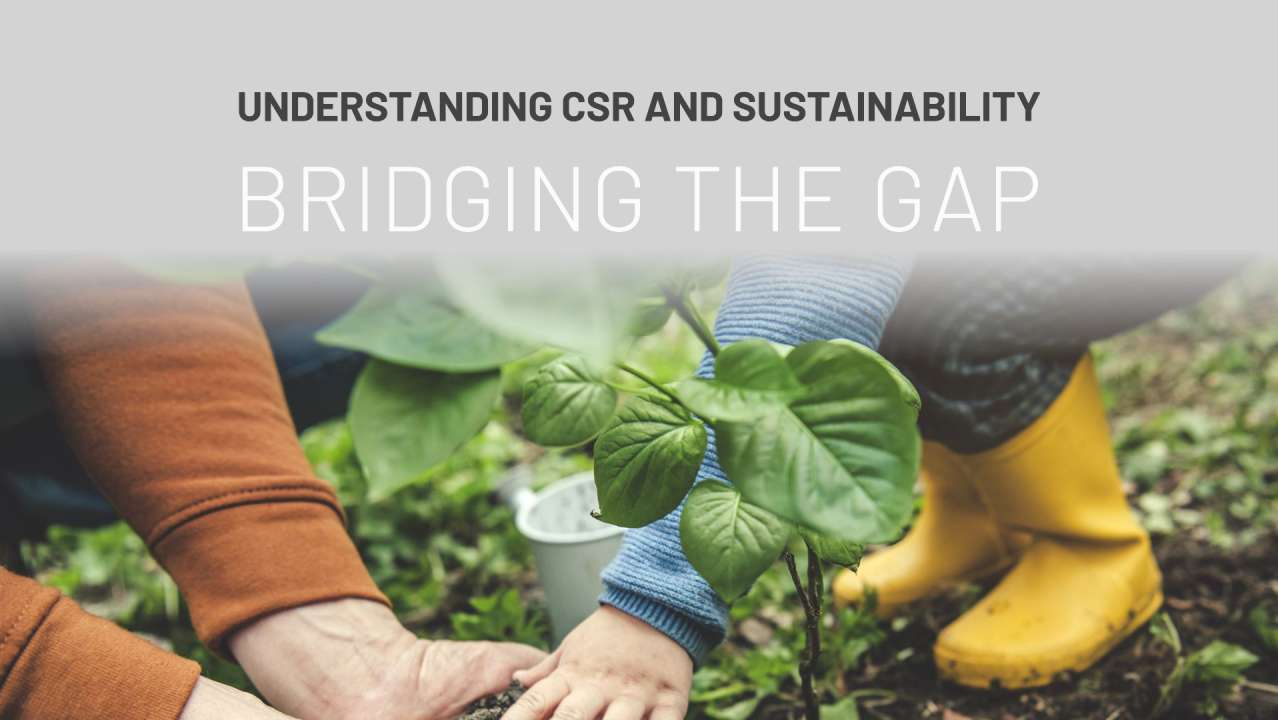Summary: Corporate Social Responsibility (CSR)
CSR aligns business goals with sustainability by reducing environmental impact, adopting eco-friendly practices, and fostering community partnerships. Companies like Climekare show that CSR enhances reputation, loyalty, and long-term success while contributing to a sustainable future.
Corporate Social Responsibility (CSR): Bridging the Gap Between Business and Sustainability
In an era where climate change and environmental degradation dominate headlines, the concept of Corporate Social Responsibility (CSR) has emerged as a beacon for businesses striving to make a meaningful impact. CSR is not just a moral obligation; it is a strategic approach to achieving corporate sustainability while addressing the pressing needs of our planet. Companies like Climekare are setting an example by integrating CSR activities into their operations, demonstrating that businesses can indeed bridge the gap between profitability and environmental sustainability.
Understanding CSR: A Business Imperative
CSR involves adopting practices that promote societal well-being and environmental stewardship. It goes beyond mere compliance, encouraging businesses to proactively improve the communities and ecosystems they interact with. This comprehensive approach aligns corporate goals with broader societal and environmental needs, creating a synergy that benefits everyone.
A successful CSR initiative ensures that corporate sustainability is not an afterthought but a foundational aspect of the business model. From reducing carbon footprints to supporting sustainable agriculture, these practices foster a deeper connection with stakeholders while contributing to long-term profitability.
The Role of CSR in Achieving Corporate Sustainability
- Reducing Environmental Impact: Environmental sustainability is at the core of CSR. Companies are focusing on minimizing their ecological footprint through energy-efficient operations, waste reduction, and transitioning to renewable energy sources. These efforts not only safeguard the environment but also reduce operational costs.
- Promoting Sustainable Agriculture: For industries reliant on agricultural inputs, supporting sustainable farming practices is a crucial CSR activity. Encouraging the use of eco-friendly techniques helps conserve resources, protect biodiversity, and ensure the long-term viability of agricultural production.
- Adopting Circular Economy Models: Many forward-thinking organizations are embracing the principles of the circular economy. This involves rethinking product life cycles, from sourcing and production to end-of-life disposal, ensuring materials are reused or recycled wherever possible.
CSR Activities Driving Change
A hallmark of impactful CSR programs is their ability to address specific societal or environmental challenges while aligning with a company’s core values. Examples of CSR activities include:
- Partnering with local communities to develop green spaces or promote environmental education.
- Funding research and development in sustainable technologies, including renewable energy and water conservation.
- Supporting carbon credit initiatives to offset emissions, demonstrating a commitment to combating climate change.
Companies that invest in these areas not only enhance their reputation but also cultivate loyalty among consumers who increasingly value sustainability in their purchasing decisions.
Bridging the Gap: CSR and the Sustainability Environment
Despite significant strides, challenges remain in aligning business practices with the broader sustainability environment. One hurdle is the misconception that sustainability efforts are expensive and offer limited returns. However, research shows that well-executed CSR strategies yield substantial benefits, including enhanced brand reputation, employee satisfaction, and customer loyalty.
Moreover, global standards like the Global Reporting Initiative (GRI) provide frameworks to help companies monitor and report on their sustainability efforts, ensuring transparency and accountability. These frameworks guide businesses in setting achievable goals and tracking progress, making CSR efforts more effective and measurable.
How Businesses Can Lead the Way
- Integrating Sustainability into Core Strategies: A true commitment to CSR involves embedding sustainability goals into every facet of a business. From supply chain management to product development, sustainability should inform decision-making processes.
- Leveraging Technology for Impact: Digital tools can help businesses measure their environmental impact, streamline operations, and enhance efficiency. These innovations enable companies to identify areas of improvement and implement targeted CSR initiatives.
- Engaging Stakeholders: Transparency is key. Businesses should actively communicate their CSR goals and achievements to stakeholders, fostering trust and encouraging collaboration. This not only strengthens relationships but also inspires collective action toward shared goals.
The Future of CSR and Corporate Sustainability
As the world continues to grapple with environmental challenges, the importance of CSR will only grow. Businesses must rise to the occasion, leveraging their influence and resources to drive meaningful change. Initiatives focused on environmental sustainability, such as reducing greenhouse gas emissions and supporting sustainable agriculture, can catalyze a global shift toward a healthier, more resilient planet.
Climekare exemplifies the power of CSR in bridging the gap between business objectives and sustainability goals. By committing to corporate social responsibility, companies can contribute to a brighter future for generations to come. Together, we can foster a world where businesses thrive not at the expense of the environment but in harmony with it.
Conclusion
CSR is more than a corporate buzzword; it’s a transformative approach that empowers businesses to lead in sustainability. Whether through innovative CSR activities, partnerships, or transparent reporting, the pathway to a sustainable future begins with purposeful action. Now is the time for businesses to embrace this challenge and turn aspirations into impactful reality.





